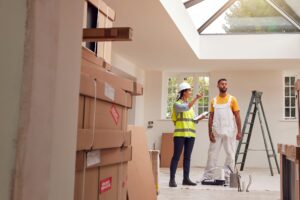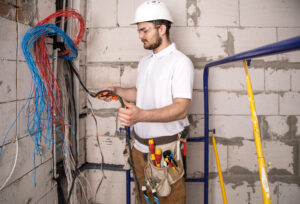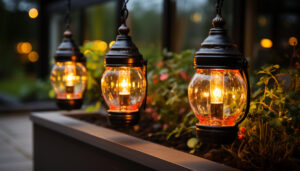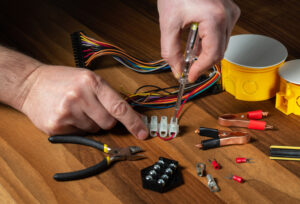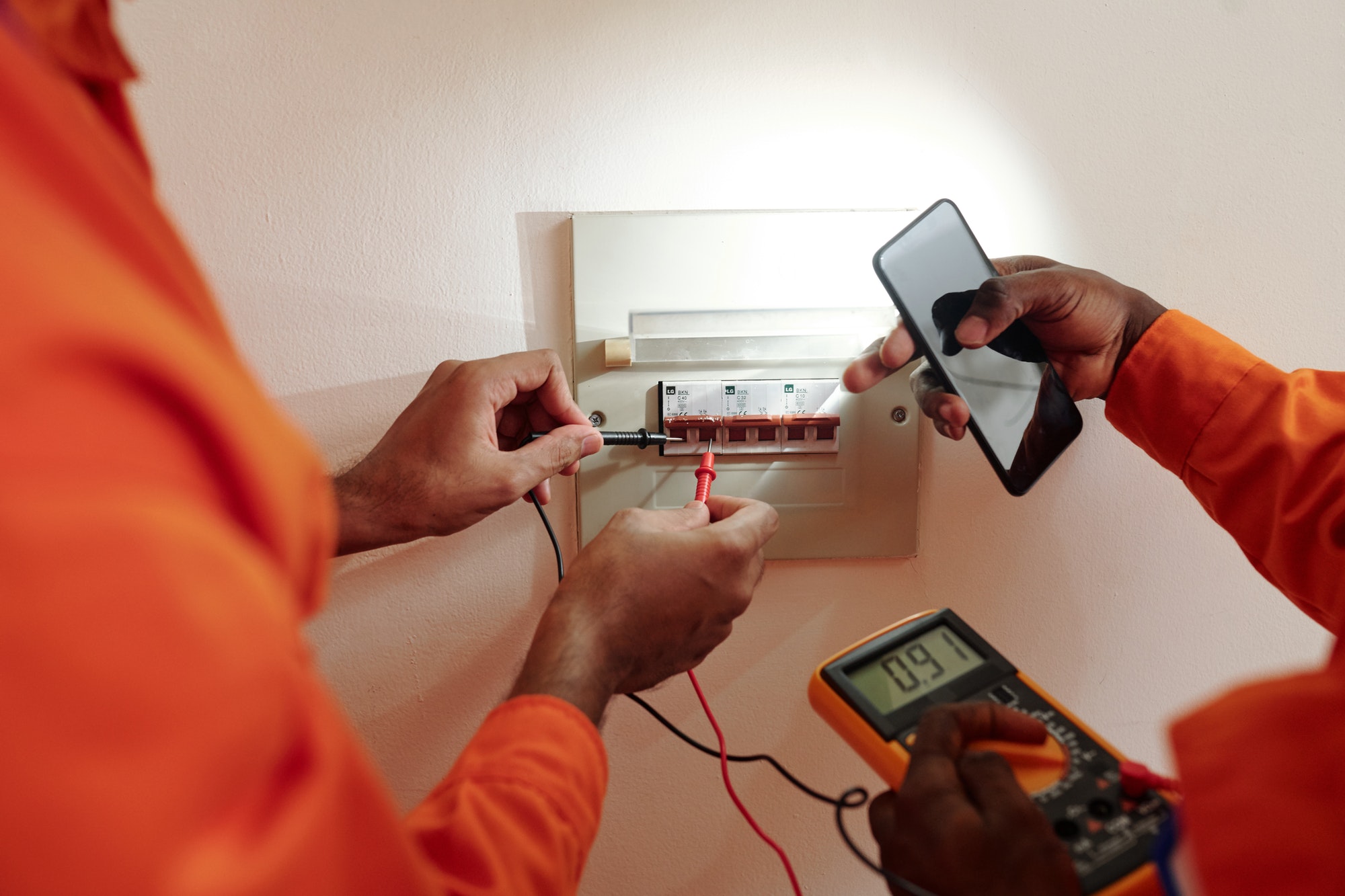Ensuring the safety of electrical installations in rental properties is a fundamental responsibility for landlords in London. Among these installations, sockets and switches are critical components that must meet stringent safety standards to prevent hazards such as electric shocks and fires. This guide outlines the key safety standards for sockets and switches in London and the responsibilities of landlords in adhering to these regulations.
Key Regulations and Standards
Electrical Safety Standards in the Private Rented Sector (England) Regulations 2020
This regulation requires landlords to:
- Ensure that electrical installations in their properties are inspected and tested by a qualified person at least every five years.
- Provide a copy of the Electrical Installation Condition Report (EICR) to tenants and, if requested, to the local authority.
Building Regulations (Part P)
Part P of the Building Regulations ensures that all electrical work in dwellings is designed and installed in a way that protects people from fire and electric shocks. It covers:
- Design and installation of new electrical circuits.
- Replacement of consumer units.
- Installation of new sockets and switches.
British Standards (BS 7671)
BS 7671, also known as the IET Wiring Regulations, sets the standards for electrical installations in the UK. It includes:
- Requirements for the safety, performance, and inspection of electrical installations.
- Guidelines for the installation of sockets and switches to ensure they are safe and reliable.
Responsibilities of Landlords
Regular Inspections and Testing
Landlords must ensure that electrical installations, including sockets and switches, are inspected and tested regularly:
- EICR: An Electrical Installation Condition Report must be conducted at least every five years by a qualified electrician. This report will identify any faults or hazards and provide recommendations for remedial action.
- Visual Inspections: Landlords or property managers should perform regular visual inspections to check for signs of wear and tear or damage to sockets and switches.
Documentation and Record-Keeping
Maintaining accurate records of all inspections, tests, and repairs is crucial:
- EICR Reports: Keep copies of all EICR reports and any documentation related to remedial work.
- Certificates of Compliance: Store certificates of compliance for any electrical work carried out under Part P of the Building Regulations.
Immediate Remedial Actions
If an EICR identifies any issues, landlords must take immediate action to address them:
- Category C1 (Danger Present): Requires urgent remedial action. The fault must be rectified immediately.
- Category C2 (Potentially Dangerous): Requires urgent attention to prevent future hazards.
- Category C3 (Improvement Recommended): While not immediately dangerous, these recommendations should be addressed to improve overall safety.
Ensuring Compliance
Hiring Qualified Professionals
Ensure that any inspections, testing, and electrical work are carried out by qualified and registered electricians. Look for professionals registered with:
- NICEIC (National Inspection Council for Electrical Installation Contracting)
- ELECSA (Electrical Contractors’ Association)
- NAPIT (National Association of Professional Inspectors and Testers)
Upgrading and Maintaining Electrical Installations
Regular maintenance and timely upgrades are essential to ensure the ongoing safety and compliance of electrical installations:
- Replacing Old Sockets and Switches: Upgrade outdated sockets and switches to meet current safety standards.
- Installing RCDs: Residual Current Devices (RCDs) provide additional protection against electric shocks and should be installed in all circuits.
Practical Tips for Landlords
Conducting Visual Inspections
Regularly check sockets and switches for:
- Discoloration or Scorch Marks: Indicates overheating or potential electrical faults.
- Loose or Damaged Fittings: Ensure all sockets and switches are securely attached and free from cracks or damage.
- Unusual Sounds or Smells: Buzzing sounds or burning smells can indicate electrical faults and should be investigated immediately.
Educating Tenants
Inform tenants about the importance of electrical safety and encourage them to report any issues immediately:
- Usage Guidelines: Provide guidelines on the safe use of electrical appliances and sockets.
- Emergency Contacts: Ensure tenants know who to contact in case of electrical emergencies.
Conclusion
Understanding and adhering to safety standards for sockets and switches is crucial for landlords in London. Regular inspections, proper documentation, and immediate remedial actions are essential to ensure compliance with regulations and protect the safety of tenants. By hiring qualified professionals and maintaining electrical installations to the highest standards, landlords can fulfill their legal responsibilities and create a safe living environment for their tenants.

